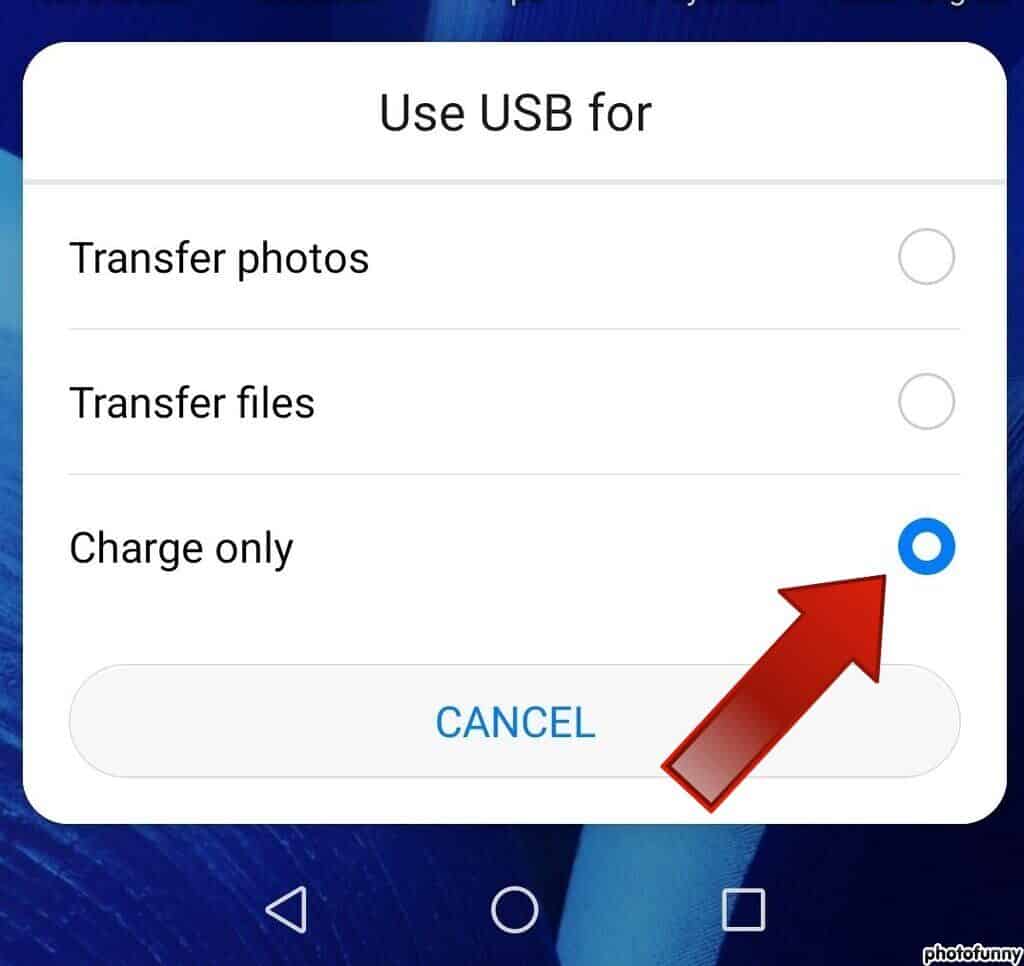There has been some talk lately about viruses spreading through chargers. People are worried that if they use someone else’s charger or if they share their charger with someone else, they might get a virus.
But is this something to worry about? Can your charger spread a virus or even contain it?
The simple answer is no, A USB charging brick can’t spread the virus.
Here’s why: A simple charger brick only has electronic components to produce an electric charge, and it doesn’t have the capabilities to store data or transfer data to a cellphone.
You can share your charger with anyone you want or use someone else’s charger without any risk of your device getting a virus.
But what if you are in a public place like an airport or a mall where they have those charger stations that you can use to charge? Is it safe to use that? No, juice jacking is real and it can damage your device.
In this article, we will further discuss what a virus is and how it transfers, as well as what juice jacking is and how you can save your device from malware when using a public charger.

What is a virus?
A virus is a type of malware or a piece of code that can cause a lot of damage to your computer or other types of computer-related devices. It can steal your data and passwords or even delete your files.
A virus can also cause the device to slow down, or in some cases, make the device completely unusable.
Just like a biological virus, it can damage the device and prevent it from functioning properly.
How does it transfer?
A virus can transfer in many ways. The most common way is through email attachments or by downloading a file from the internet that has a virus.
It can also spread through USB drives and SD cards. Once the virus is on the device, it can spread to other devices that are connected to it.
They can also spread through other storage devices that are plugged into the infected computers.
So in short, a virus is data or a code that needs some kind of storage unit to transfer. It can not be transferred into an electronic device that can not store data, like a battery.
Can a charger store data?
No, a charger can not store data. A charger only has electronic components to produce an electric charge. It can’t store data or get data on a cellphone.
So, A charger can also not be infected by viruses. There is no CPU or operating system inside a charger. There is no memory inside the charger where the virus can be saved.
The only way for a charging brick to transfer the virus is if it’s designed to do so. That means a special kind of charging brick that has the right chip in it and cannot only store data but also transfer it when required. Pretty complicated, right?
Using public chargers and juice jacking.
Using a public charger that doesn’t allow you to use your charger and only supports charging through a USB port.
In this case, yes, there is a possibility that it could transfer the virus. One of these public charging stations may have malware on its USB ports or the USB cable linked to them.
With your phone charging, the attacker may be able to infect it with a virus or malware that monitors your keystrokes and even steals your data. That’s called juice jacking.
Preventions
But there are certain things you can do to prevent it from happening.
1-Using the charge-only option
Both the Android and the iPhone come with built-in security which prevents hackers from stealing your data or causing harm to the device.
If you have ever charged your phone with a laptop using a data cable, you might have seen a menu pop up telling you to select an option. Like transferring files etc.
One of the options is “charge only”. Once you connect your phone and choose that option, your phone will not transfer any data and also no code can enter the device through the cable.

So, in general, allowing data access is where the malware would transfer. But if it’s already set to charging only, then this won’t be a problem.
2-Avoiding public charging stations
The easiest way to prevent the virus from entering the device is to avoid public charging stations.
Just remember to charge your phone before leaving the house for work or some other place.
3-Using a wall outlet
If you have to use a public charger, then the best way is to use a wall outlet and plug your charger brick into it.
But you will have to carry your charger everywhere you go.
Can a laptop charger get a virus?
Just like a charger for a phone, a laptop charger can not get a virus. A charger is a power supply that has only one function, which is to supply energy to the device it is plugged into.
The device can be a smartphone or a laptop. All the chargers that come with these devices don’t have any type of storage unit in them.
Since a computer virus requires some sort of storage, a charger cannot get a virus.
Conclusion
I hope you find this article helpful and that all your doubts about infecting your device with a virus by sharing a charger or using someone else’s charger are cleared.
It is not possible to get a virus through a charger. The only way this is possible is if the charger is designed specifically for this purpose. Which isn’t a common scenario.
